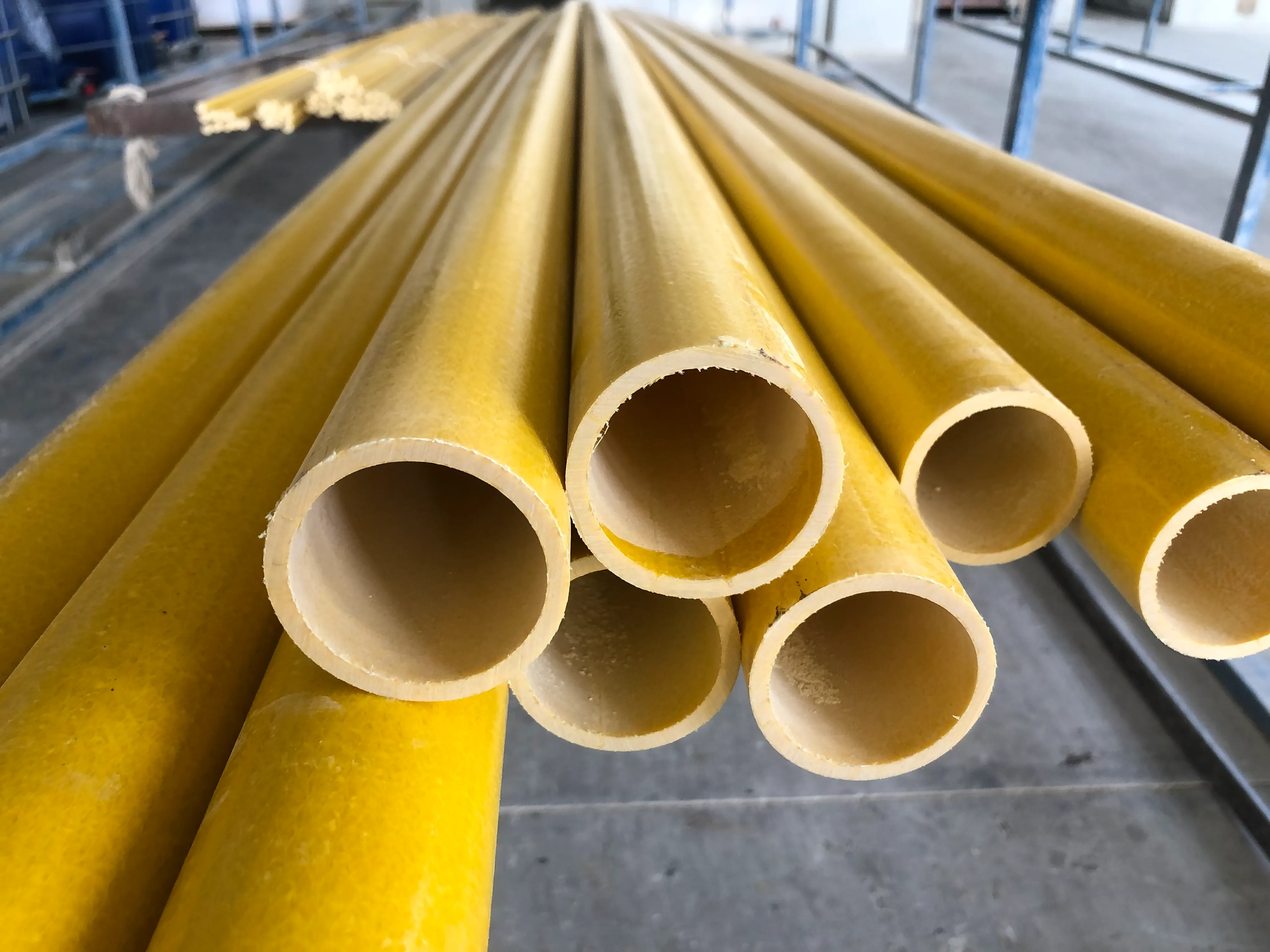loading...
- No. 9, Xingyuan South Street, Dongwaihuan Road, Zaoqiang County, Hengshui, Hebei, China
- admin@zjcomposites.com
- +86 15097380338
- Welcome to visit our website!
frp round tube
Exploring FRP Round Tubes Versatility and Applications
Fiberglass Reinforced Plastic (FRP) round tubes have emerged as a prominent choice in various industries due to their unique properties and versatility. Combining the strength of fiberglass with the lightweight nature of plastic, FRP round tubes are revolutionizing construction, transportation, and manufacturing. This article delves into the features, advantages, and applications of FRP round tubes.
Properties of FRP Round Tubes
FRP round tubes are composed of a polymer matrix reinforced with fiberglass fibers, offering exceptional strength-to-weight ratios. They are corrosion-resistant, making them ideal for use in harsh environments. Additionally, FRP materials exhibit excellent thermal insulation properties and do not conduct electricity, allowing for safe applications in electrical industries. These tubes can also be manufactured in various colors and diameters, providing customization options for specific projects.
Advantages of FRP Round Tubes
One of the primary advantages of FRP round tubes is their lightweight nature. This reduces transportation costs and simplifies installation processes, as they are easier to handle compared to traditional materials like steel or concrete. Moreover, their resistance to corrosion ensures longevity, reducing the need for frequent replacements. This can lead to significant cost savings over time. FRP round tubes are also non-magnetic and non-conductive, making them suitable for applications where electromagnetic interference is a concern.
frp round tube

Applications of FRP Round Tubes
FRP round tubes find applications across various sectors. In the construction industry, they are used in scaffolding and support structures due to their strength and lightweight characteristics. The automotive sector employs FRP round tubes for manufacturing lightweight vehicle components, enhancing fuel efficiency without compromising safety.
Water and wastewater treatment facilities increasingly utilize FRP round tubes for piping systems, as they resist rust and chemical corrosion, ensuring the integrity of the system over long periods. In the energy sector, FRP tubes are used for offshore platforms and wind energy applications, benefiting from their durability against harsh weather conditions.
Conclusion
As the demand for sustainable and efficient materials increases, FRP round tubes are poised to become even more influential. Their unique properties make them not only a reliable alternative to conventional materials but also an environmentally friendly option, contributing to reduced resource use and waste. Industries that embrace FRP round tubes can enhance their operational efficiency while minimizing maintenance costs. As technology advances, we can expect further innovations in the design and application of FRP materials, cementing their role in the future of engineering and construction.
-
Transform Your Spaces with FRP Grating SolutionsNewsNov.04,2024
-
The Versatility and Strength of FRP RodsNewsNov.04,2024
-
The Excellence of Fiberglass Water TanksNewsNov.04,2024
-
The Benefits of FRP Grating for Your ProjectsNewsNov.04,2024
-
Elevate Your Efficiency with FRP Pressure VesselsNewsNov.04,2024
-
Welcome to the World of FRP Pressure VesselsNewsOct.12,2024
-
Unveiling the Future of Filtration: Why FRP Filter Vessels are a Game ChangerNewsOct.12,2024
